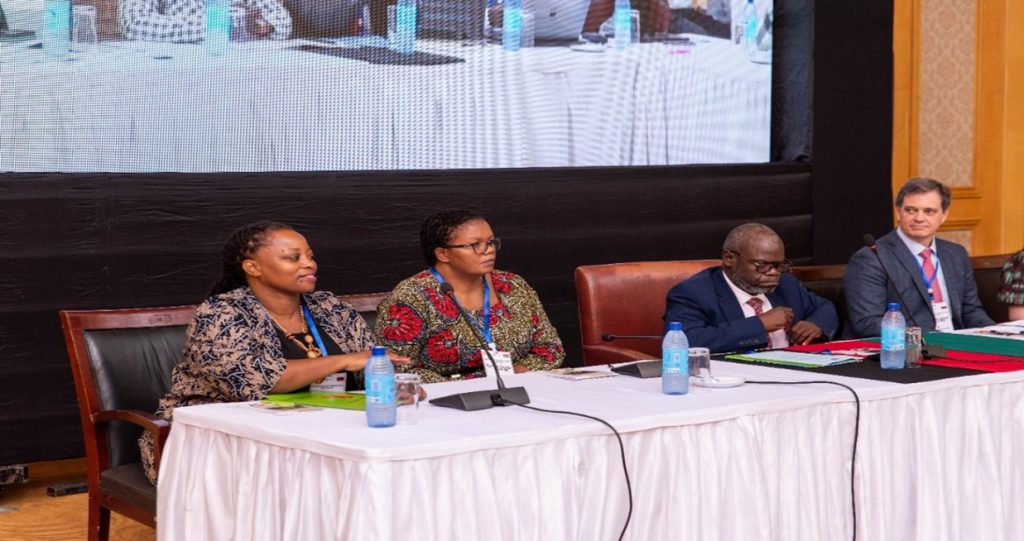The Malawi National AIDS Commission, the Ministry of Health, and the Center for Innovation in Global Health at Georgetown University co-hosted a Sustainable HIV Prevention Convening from 18-19 February 2025 at the Bingu International Convention Centre in Lilongwe. The Sustainable HIV Prevention Initiative grew out of multi-stakeholder discussions at the 22nd International Conference on AIDS and STIs in Africa (ICASA), held in December 2023 in Harare, Zimbabwe, which revealed strong national demands for more coherent approaches to HIV prevention programming, and high-level sustainability strategies from PEPFAR and UNAIDS. This has been followed with a series of expert dialogues and a growing body of country-based experience and evidence charting a path towards more sustainable long-term control of the HIV epidemic

The Malawi convening was organised to share and examine advances and challenges in country-led sustainable HIV prevention and strengthen the foundation for more informed “sustainability roadmap” discussions. The conference brought together HIV prevention experts, researchers and program managers from eleven East and Southern African countries: Malawi, Lesotho, Zambia, South Africa, Zimbabwe, Eswatini, Uganda, Nigeria, Ghana, Tanzania, and Kenya.
The Chief Executive Officer of the Malawi National AIDS Commission Dr Beatrice Matanje informed the gathering, in her opening remarks, that Malawi had made tremendous progress in the fight against HIV and AIDS by increasing access to antiretroviral therapy for individuals living with the virus, scaling up prevention programs, and achieving a notable decrease in new infections from 56,000 in 2010 to 13,875 in 2023. She emphasised that integrating HIV prevention into the mainstream health service delivery system plus strong and resilient health systems would be necessary to safeguard and sustain these gains. She also highlighted that changes in the global funding landscape serve as a wake-up call for African nations to build resilient and sustainable health systems and wean themselves off from donor dependency. Dr Charles Holmes, Director of Georgetown University’s Centre for Innovation in Global Health, urged the delegates to use the meeting as a platform to promote change, a space to learn and exchange innovations and best practices from other nations, and a way to advance the sustainability conversation.
On his part, the Chief of Health Services responsible for Reforms in the Ministry of Health, Dr Mathias Joshua, who was the Guest of Honour, urged the eleven nations to invest in creating robust health systems because doing so would be the only way to maintain the gains made in the HIV and AIDS response. The Chief of Health Services expressed optimism that Malawi and the visiting nations would adapt to the present financial landscape because they had previously been faced with similar situations. He recalled to the delegates how the nations had survived the early stages of the pandemic when there were no ARVs, insufficient supplies, and a lack of medical personnel, which was worsened by excessive brain drain.
The convening provided a platform where the Government representatives, CSOs and other experts shared their perspectives on the core features and functions of a health systems approach to HIV prevention, highlighting the governance structures, management capabilities, and systemic processes required to integrate HIV prevention programs into local health systems for greater effectiveness and sustainability.

Leave a Reply